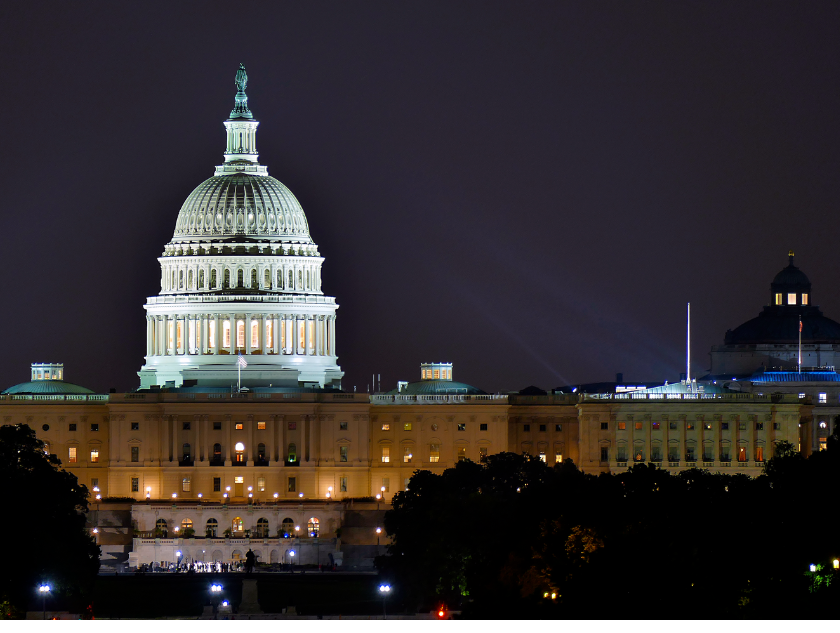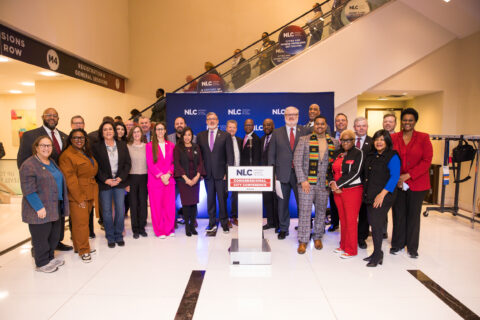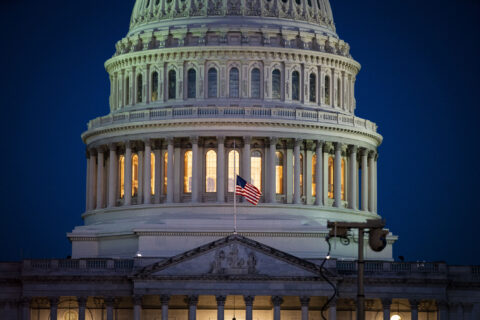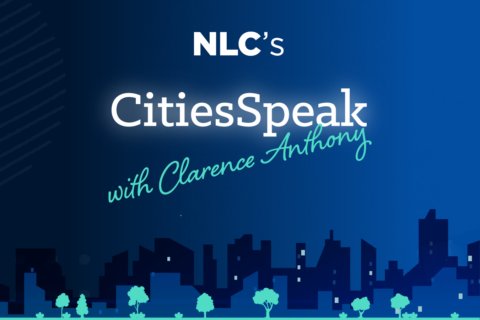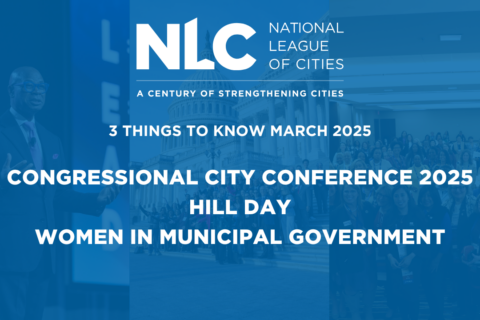This week, a new short-term federal spending bill passed both the House and Senate with bipartisan support. The new Continuing Resolution will keep the federal government open and operating through February and gives Congress new deadlines in March for passing the 12 annual federal appropriations bills for Fiscal Year 2024. This is the third Continuing Resolution passed by Congress to prevent a government shutdown this fiscal year.
Under regular order, Congress is expected to pass annual spending bills before the start of a new fiscal year beginning on October 1st. In practice, Congress has been unable to meet that deadline in recent years regardless of which party is in the majority. What does this continued delay mean for local governments?
- If Congress can meet the new government funding deadline of March 1 for about half the spending bills and March 8 for the remaining bills, it would mean that federal agencies will learn funding amounts for FY24 programs, including grants to local governments, about five months late.
- Longer delays on the availability of federal grant funds that support local governments, such as the annual Community Development Block Grant program which is funded under the Transportation, Housing, and Urban Development Appropriations bill.
The new Continuing Resolution is “clean.” This means it does not include any substantial budget or policy changes sought by either party. However, some programs are still expected to be impacted:
- Additional funds are being sought for the Affordable Connectivity Program, which is expected to run out of funds in April. The program, which NLC supports, will likely wind down unless new funds are allocated.
- WIC, the Special Supplemental Nutrition Program for Women, Infants, and Children, is also facing a shortfall due to larger-than-expected enrollment, which could lead to waiting lists for otherwise eligible households.
Conversely, additional spending reductions remain the overall spending deal that House Speaker Mike Johnson renegotiated with the White House and remain a top priority for some factions in Congress. If Congress cannot reach a final agreement on FY2024 appropriation bills, it will trigger automatic across-the-board cuts of about one percent to all federal programs, including those enacted under the Bipartisan Infrastructure Law and Inflation Reduction Act.
Under that scenario, if Congress is pressured to spare defense or entitlement programs from the automatic cuts, funding reductions would be concentrated on domestic, discretionary programs, which could mean cuts of up to 8% for local government grants. Substantial unanticipated reductions of that magnitude would have immediate consequences on local budgets.
NLC is strongly urging Congress to honor the bipartisan spending deal and send all 12 annual appropriations bills to President Biden for enactment. To learn more about the landscape for the FY 2024 budget for cities, towns, and villages, view NLC’s letter to Congressional leadership and visit the Federal Budget Tracker.
